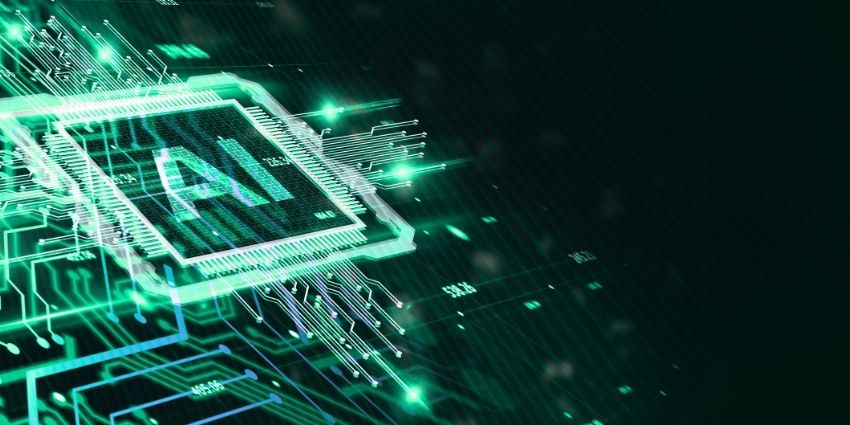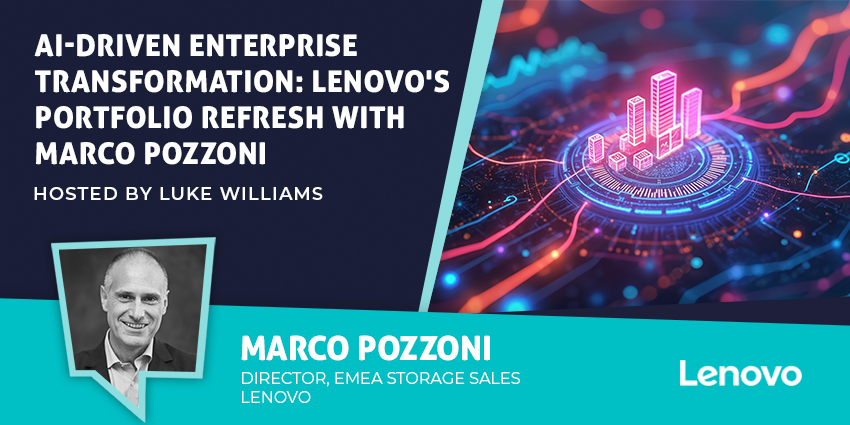The AI landscape continued its relentless evolution this week, with tech giants jockeying for position, healthcare innovations emerging, and industry leaders making bold predictions. Here’s what you need to know.
Microsoft Expands AI Portfolio with In-house Models and Healthcare Solutions
Microsoft has been making big moves in the AI space on multiple fronts. The company has quietly developed a family of in-house AI models, called MAI, that reportedly rival those of OpenAI, potentially reshaping their $13 billion partnership.
While testing these models across various tasks to power elements of its Copilot-branded AI assistants, Microsoft emphasized its ongoing partnership: “We’re using a mix of models, which includes continuing our deep partnership with OpenAI, along with models from Microsoft AI and open source models.”
Simultaneously, Microsoft launched Dragon Copilot; a healthcare-focused AI assistant combining natural language dictation capabilities with ambient listening to address clinical workflow pain points. The system aims to reduce administrative burdens for healthcare professionals.
Joe Petro, Corporate Vice President of Microsoft Health and Life Sciences said:
At Microsoft, we have long believed that AI has the incredible potential to free clinicians from much of the administrative burden in healthcare and enable them to refocus on taking care of patients.
Early adopters report five minutes saved per patient encounter, with 70% of clinicians reporting reduced burnout. Dragon Copilot will be available in the U.S. and Canada in May 2025, with European releases to follow.
Meta Challenges NVIDIA’s AI Chip Dominance
Meta has begun testing its first custom-designed chip for training AI models, potentially reducing dependence on NVIDIA, whose H100 chips reportedly cost between $16,000-$100,000 each.
Meta CTO Andrew Bosworth called 2025 “the most critical year” for the company’s AI initiatives, as Meta forecasts up to $65 billion in capital expenditures.

Anthropic CEO Warns of AI’s Impact on Programming Jobs
Anthropic CEO Dario Amodei made striking predictions for tech employment during a Council on Foreign Relations keynote:
On the job side of this, I do have a fair amount of concern. If I look at coding, programming, which is one area where AI is making the most progress, what we are finding is we are not far from a world, I think we’ll be there in three to six months, where AI is writing 90% of the code. Then, in 12 months, we may be in a world where AI is writing essentially all of the code.
The Anthropic CEO described the coming disruption as “existential” and urged businesses to prepare for unprecedented change. He emphasized that the current public perception of AI as mere chatbots severely underestimates what’s coming.
OpenAI Faces Pricing Scrutiny
OpenAI is receiving negative reception to leaked pricing models: $2,000 monthly for knowledge workers, $10,000 for development agents, and $20,000 for research agents.
Industry observers speculate whether companies like Deepseek could disrupt the market with more affordable alternatives, as OpenAI co-founder Ilya Sutskever acknowledges: “We’ve achieved peak data… pre-training as we know it will unquestionably end.”







